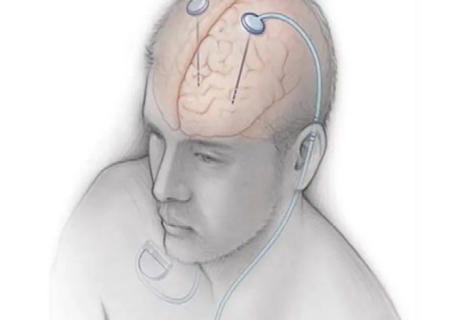
Why your legs swelling? Key causes and when to see doctor
Swollen legs are a common complaint, often linked to water retention, circulation problems, or prolonged standing or sitting, writes melarossa.it.
The main causes include venous insufficiency, a sedentary lifestyle, a high-salt diet, and hormonal changes, CE Report quotes ATA.
Leg swelling may also be accompanied by pain, a feeling of heaviness, and in some cases, redness or warmth. When legs feel heavy, tired, or painful, it is important not to ignore the symptom and to consult a doctor.
Swollen legs during pregnancy are a special case, often related to hormonal changes.
There are several natural remedies for swollen legs: drinking plenty of water, following a low-sodium diet, engaging in light physical activity, wearing compression stockings, and keeping the legs elevated.
However, prevention and listening to your body's signals are essential to reduce discomfort and promote healthy circulation.
Swollen and Painful Legs: What Are the Causes?
Leg swelling is a very common condition that can be caused by unhealthy lifestyle habits and an unbalanced diet, which increase the burden on the venous system.
Excessive salt intake, a sedentary lifestyle, sitting for long hours, wearing tight clothes or high heels, being overweight, or suffering from diabetes or high cholesterol are all factors that can impair blood circulation and make legs feel heavy.
The most common cause of swollen legs is poor circulation, meaning a change in the microcirculation of the lower limbs. When blood tries to return to the heart, it tends to pool in the legs, causing swelling, water retention, poor oxygenation of tissues, and the appearance of fragile veins, dilated capillaries, and in some cases, even cellulite.
Often, legs swell due to water retention, excess weight, or venous insufficiency. Moreover, with the arrival of hot weather, blood vessels dilate, worsening the problem: blood has an even harder time flowing upward in the lower limbs, increasing congestion and the feeling of heaviness.
In some cases, the cause of swelling may be poor lymphatic circulation — the fluid that carries waste and toxins — or a side effect of some medications such as cortisone or amlodipine.
However, it is essential never to stop any prescribed treatment without first consulting your doctor, who can evaluate whether your therapy should be adjusted.
In most cases, the causes of swollen legs are benign and related to temporary factors such as summer heat or prolonged standing or sitting. Women are more prone to leg swelling, especially around their menstrual cycle or during pregnancy, periods when hormonal and physical changes affect the circulatory system.
Symptoms of Swollen Legs
They often result from excess fluids accumulating in the tissues, originating from blood vessels and lymphatics. This phenomenon, known as peripheral edema, makes the skin feel tight to the touch and may be accompanied by pitting: pressing on the swollen area reveals a visible indentation that lasts several minutes.
Swelling generally worsens in the evening and may be accompanied by a feeling of heaviness, difficulty fitting into shoes, and localized pain in the legs or ankles.
Edema can manifest in different ways: it may affect one or both legs, a specific area such as the ankle, knee, or foot, or the entire leg. It can appear suddenly and last for several days, or it may be progressive and persistent over time.
Swelling is often associated with other symptoms such as itching, tightness, tingling sensations, numbness, night cramps, pain, a feeling of heat, fever, and difficulty walking. The combination of symptoms and their progression helps better understand the origin of the problem and identify the underlying cause.
























